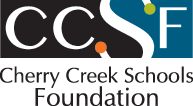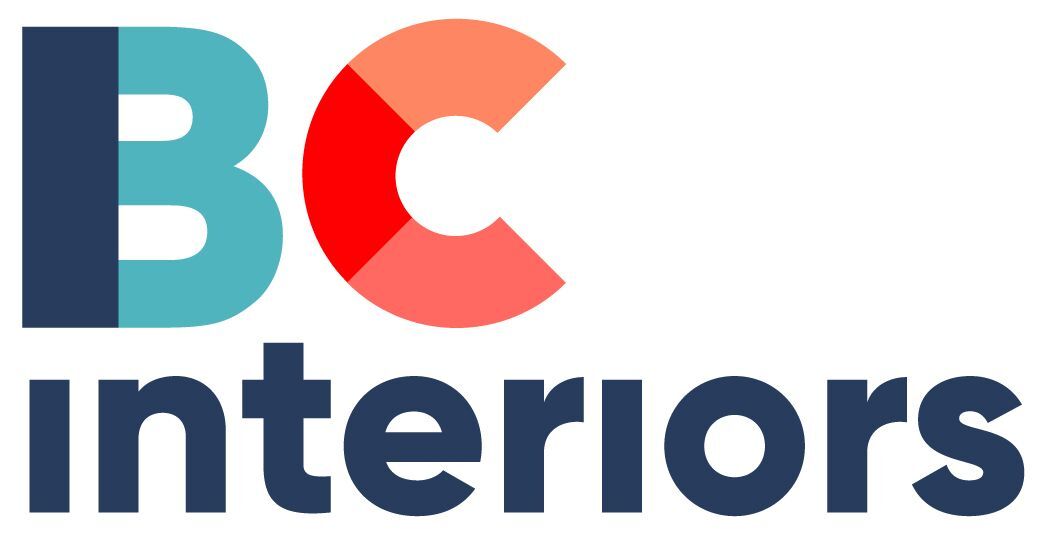CCSF supports students with Mental Health Relief Fund
Thanks to the generosity of community donors, students in the Cherry Creek School District have an additional way to access mental health support this school year: the Mental Health Relief Fund.
The Mental Health Relief Fund is a partnership between the Cherry Creek Schools Foundation (CCSF) and the district’s Office of Student Health, the first of its kind and unique in its goal to provide referrals for students to outside mental health providers. Steve Nederveld, Director of Mental Health, knows this program will fill the gaps in a significant way for many students.
“We were able to create a referral program that makes it much easier for students to get connected to mental health support,” Nederveld said. “Whether it’s a financial barrier, finding the right provider, or other challenges, students are not always able to get the help they need.”
In addition to providing crisis support and grief counseling, the fund supports a mental health referral program. The program works by first identifying students who are in need of mental health services. The mental health staff at schools do not provide therapy for students; they support with social-emotional learning opportunities, crisis counseling, and special education services. The district has developed a network of about 30 to 40 therapists who specialize in different areas like addiction or eating disorders. The program was piloted in January 2022 at one of the district’s schools and now is available across the district, with the number of requests continuing to grow.
“Our students often don’t have a stigma around mental health,” CCSD Mental Health Coordinator Dr. Esther Song said. “They’re ready for help and it’s our job to help them navigate finding the resources they need. Any lag time in finding services can be detrimental to their health.”
The referral program’s positive impacts have not been limited to students, either. Dr. Jack Davenport, a psychologist who sees students from Cherry Creek Schools, shared that when students are able to access treatment, the family often sees a benefit. Dr. Davenport was recently referred to support a student with significant mental health needs who had historically been unable to access regular mental health treatment.
“Because of this program, the student was able to experience regular care and the family made connections to mental health treatment options that previously seemed inaccessible,” Dr. Davenport said. “Breaking down barriers to mental health treatment access for individuals impacts entire families, which in turn benefits the entire community. Imagine what this could mean for our community if we had the resources to support even more students.”



















